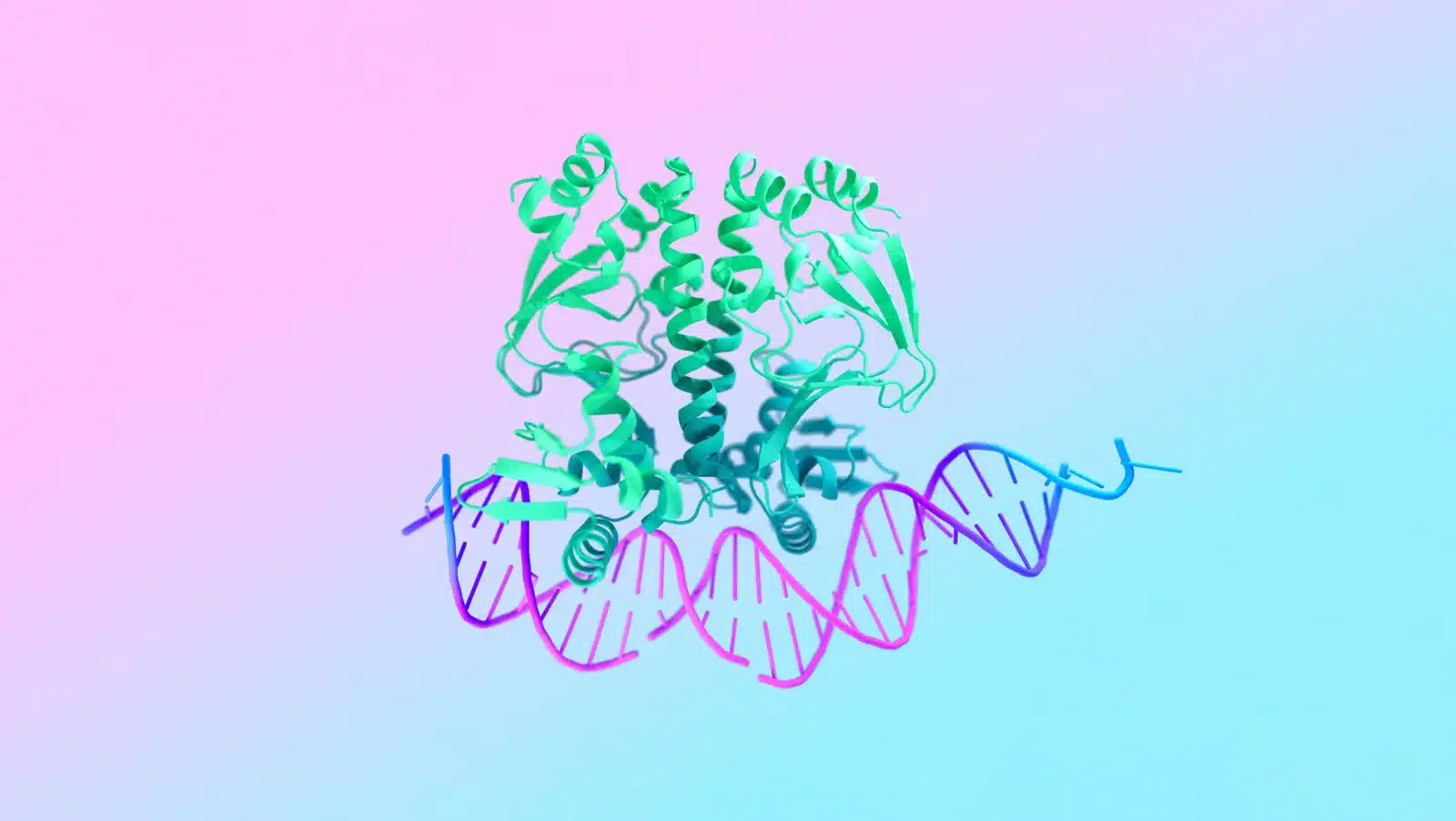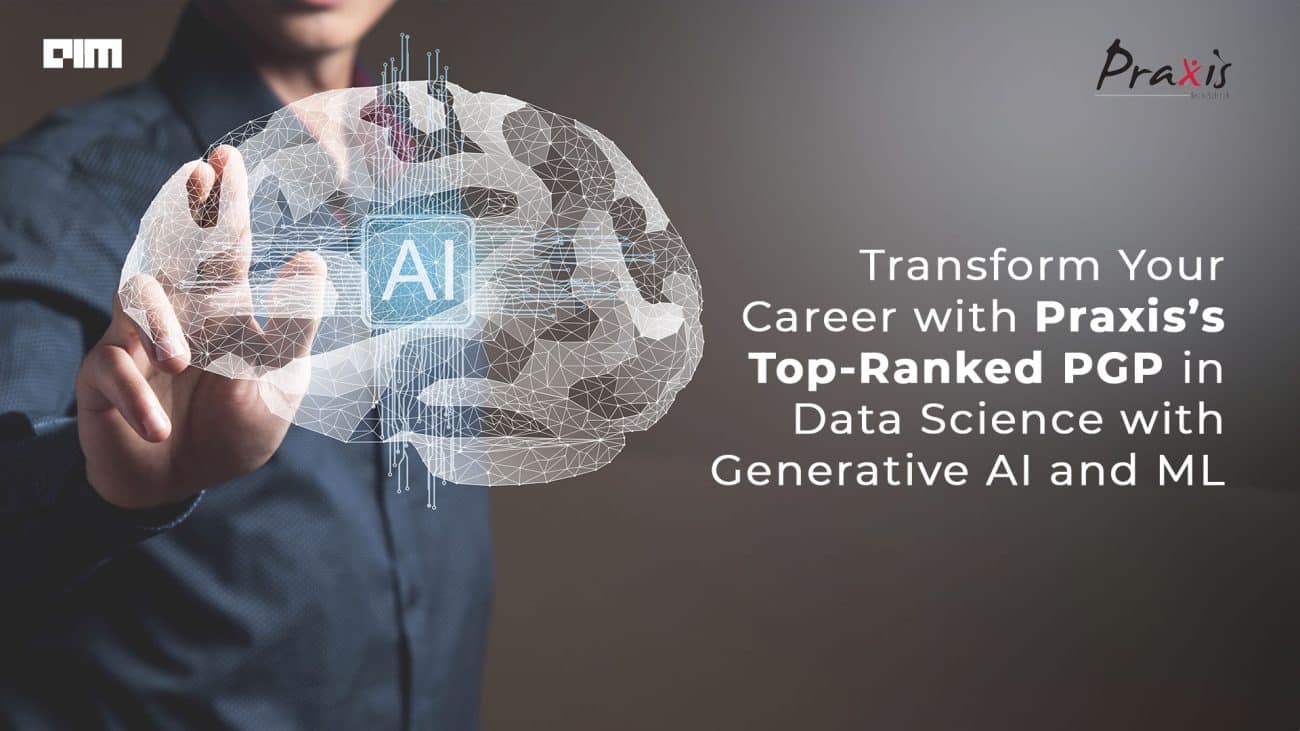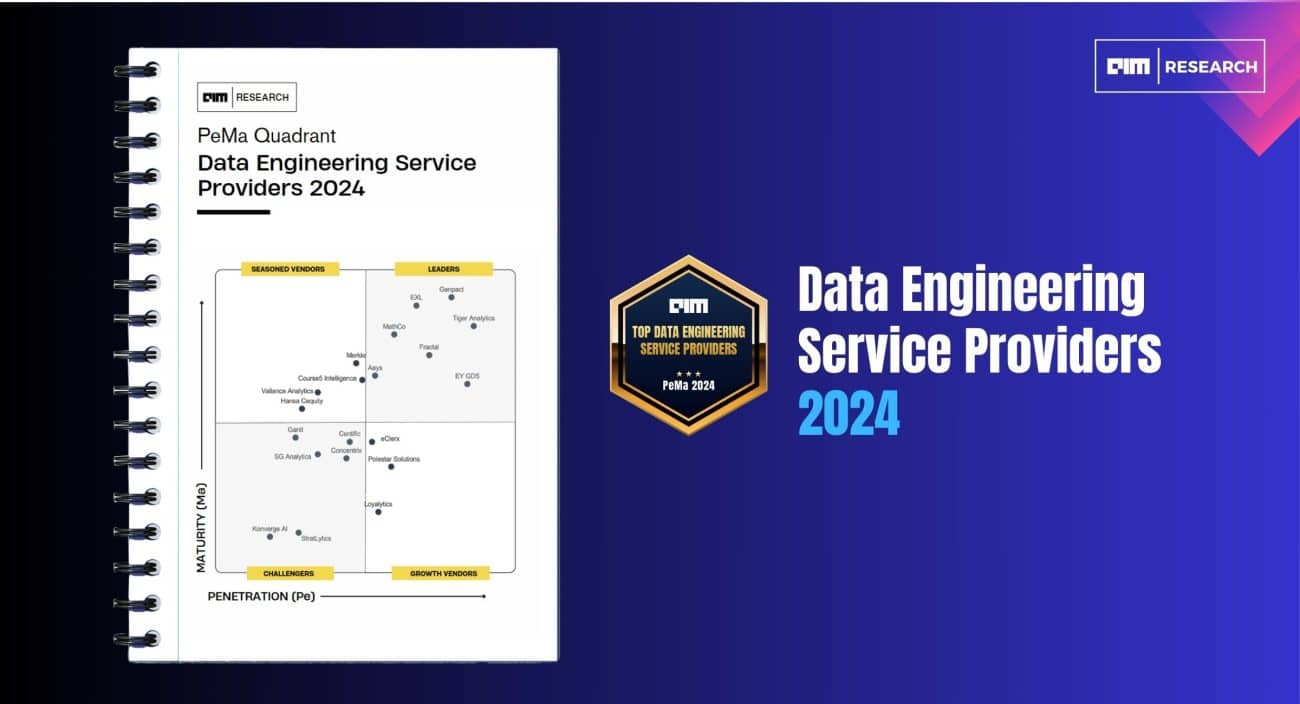|
Listen to this story
|
Google DeepMind, in collaboration with its subsidiary Isomorphic Labs, has introduced AlphaFold 3, a new AI model capable of predicting the structure and interactions of all biological molecules, including proteins, DNA, RNA, and ligands. AlphaFold 3 becomes the first AI system to surpass physics-based tools for biomolecular structure prediction.
Thrilled to announce AlphaFold 3 which can predict the structures and interactions of nearly all of life’s molecules with state-of-the-art accuracy including proteins, DNA and RNA. Biology is a complex dynamical system so modeling interactions is crucial https://t.co/Gs4GoOB3fD pic.twitter.com/QWVI71daNe
— Demis Hassabis (@demishassabis) May 8, 2024
This new version extends its capabilities to include proteins, DNA, RNA, and small molecules like ligands. Its new features include an updated version of the Evoformer module, critical in AlphaFold 2’s success, and a diffusion network mechanism similar to those used in AI image generators. These improvements collectively enable the model to predict the interactions of biomolecules with at least 50% greater accuracy than existing methods. The accuracy has even doubled for some molecules, marking a substantial advancement in the field.
The research company has also released the AlphaFold Server, a free, highly accurate tool for predicting protein and other molecule interactions within cells. This platform is accessible to scientists globally for non-commercial purposes and simplifies modelling proteins, DNA, RNA, and other molecular structures.
It boosts the research process, enabling scientists to generate hypotheses and conduct experiments quickly, irrespective of their computational resources or machine learning expertise.
Traditionally, predicting protein structures could take years and be extremely costly, but with AlphaFold 2, millions of these predictions have been made, saving an immense amount of time and resources. The AlphaFold Server builds on this success, facilitating even greater scientific innovation and efficiency.
Boosting Drug Discovery Process
One of AlphaFold 3’s most important applications is drug discovery. The model’s ability to predict how small molecules—often used as drugs—interact with proteins and other targets can drastically reduce the time and cost of developing new medications.

For example, AlphaFold can accurately predict the interaction between a cold virus spike protein and various antibodies, a critical factor in understanding viral mechanisms and designing treatments.
Another example includes accurately modelling a DNA-binding protein’s interaction with the DNA double helix, showcasing the model’s potential to understand genetic functions and mutations.
Previously…
AlphaFold 3 builds on the success of its previous iteration, AlphaFold 2, released in 2020. When first released, AlphaFold revolutionised computational biology by accurately predicting 3D protein structures from amino acid sequences, transforming research and drug discovery.
However, it also released another version of AlphaFold 2 in October 2023 that can predict structures for most molecules in the Protein Data Bank (PDB) with high accuracy, often reaching atomic precision, in various important biomolecule categories, including small molecules (ligands), proteins, DNA, RNA, and molecules with post-translational modifications (PTMs).
Additionally, it developed AlphaMissense, an extension of AlphaFold, designed to assess the impact of missense variants—mutations that alter a single nucleotide and consequently change the amino acid in proteins—using databases on human and primate genetic variations.
AlphaFold has found diverse applications in life sciences like advancing malaria vaccine development, delivering gene therapy using modified bacterium for targeted protein delivery in cancer treatments, improving drug discovery for liver cancer with rapid design of new treatment pathways, targeting antibiotic resistance by understanding enzyme structures, and combating neglected diseases like sleeping sickness through drug development.
What’s Next?
Isomorphic Labs is leveraging AlphaFold 3 to collaborate with pharmaceutical companies, aiming to create innovative treatments for complex diseases.
Google DeepMind is in talks with over 50 domain experts and multiple third-party organisations to evaluate the model’s capabilities and potential risks. It plans to expand its educational offerings around AlphaFold through collaborations with entities like EMBL-EBI and initiatives targeting scientists in developing regions.








































